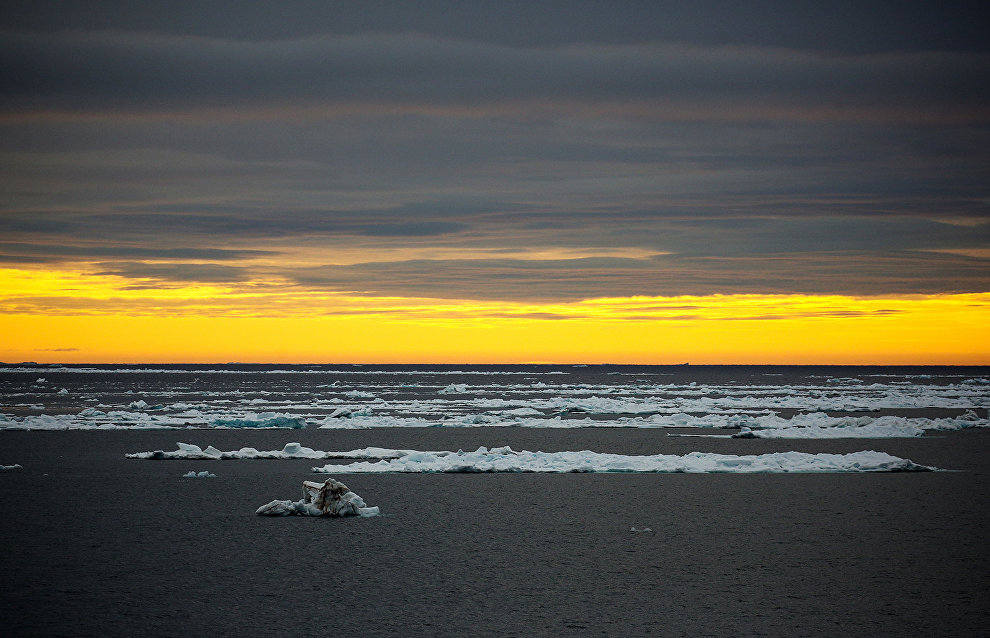St. Petersburg scientists link planetary waves and climate change in the Arctic
Climate change in the Arctic may be caused by fluctuations in atmospheric parameters, or planetary waves, such as pressure, density, temperature and wind speed, according to scientists at St. Petersburg State University.
“While studying planetary waves, physicists at St. Petersburg University discovered that the waves are capable of causing stratospheric perturbation resulting in extreme warming or drops in temperature in the Arctic and at the middle latitudes. Mathematical modeling of global atmospheric circulation was conducted by the university’s Laboratory of Ozone Layer and Upper Atmosphere Research created under the mega-grant program of the Russian Ministry of Science and Higher Education,” the St. Petersburg State University press service reported.
The scientists studied the global atmospheric circulation of a series of planetary waves ranging from 3 to 16 24-hour periods. They specifically examined the effects of planetary waves lasting for 16 24-hour periods that can be observed in the atmosphere on a regular basis, with higher intensity during the winter in the northern hemisphere. This type of wave has been studied in the past using satellite and radar data; however, there has been no prior research into the impact of a 16-day wave on changing wind speed and temperature on the planet.
“A series of numerical experiments as well as atmospheric circulation modelling were needed for this study. We conducted the experiments to demonstrate that over a month, a single 16-day wave is capable of changing the speed of atmospheric currents (winds) by 5 percent on average. This percentage may seem small but we are speaking about a global continuous process that significantly affects the climate, including temperature,” the press service noted quoting Andrei Koval, doctor of physics and mathematics and Associated Professor of the Department of Atmospheric Physics.
Koval argues that several planetary waves in aggregate can produce powerful wind and temperature perturbations in the stratosphere, which can resonate down to the surface of the planet, causing periods of extremely cold or warm weather in the Arctic region and at the middle northern latitudes. Fundamental research focusing on this phenomenon could improve the forecasting of changes and substantially mitigate the potential damage of such waves.
